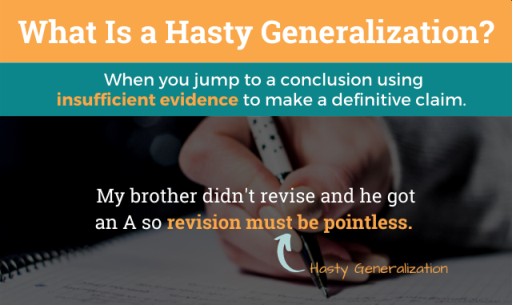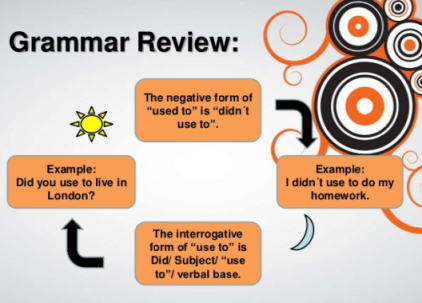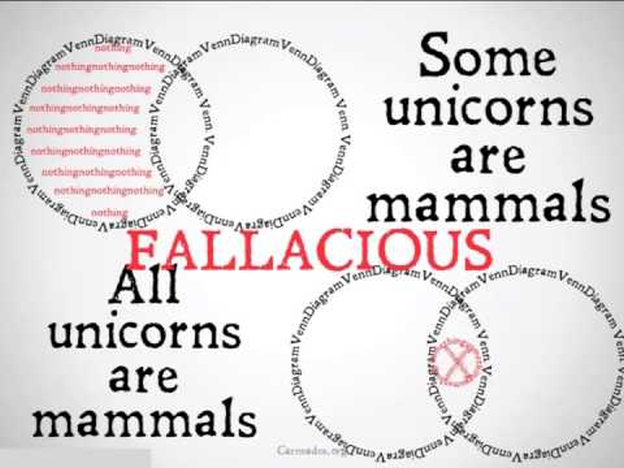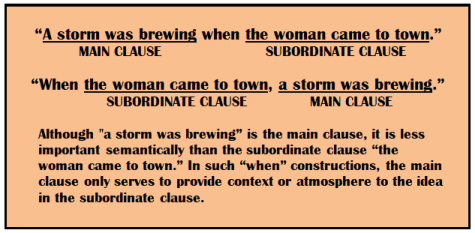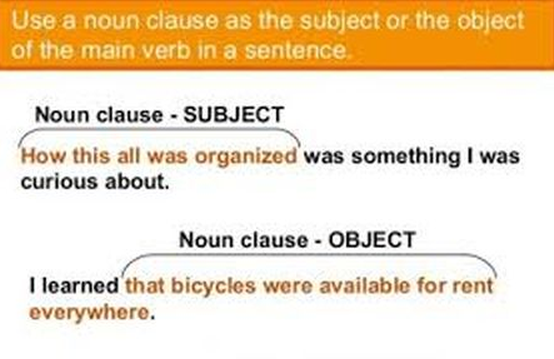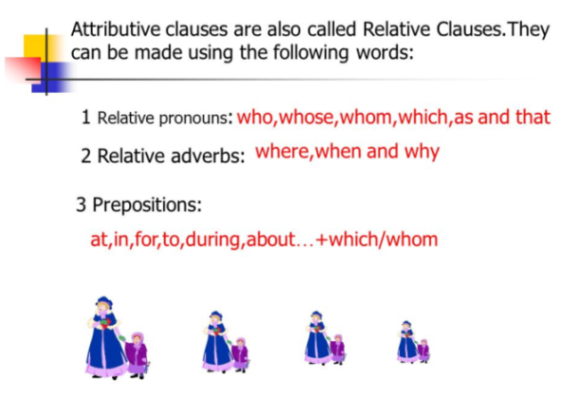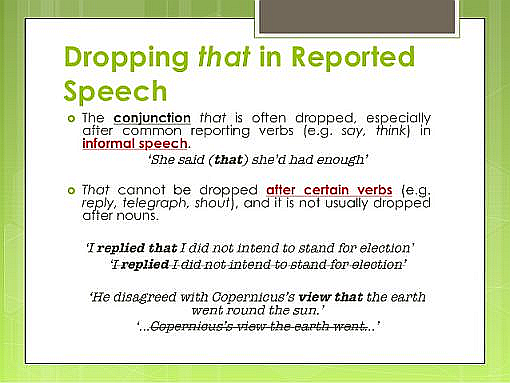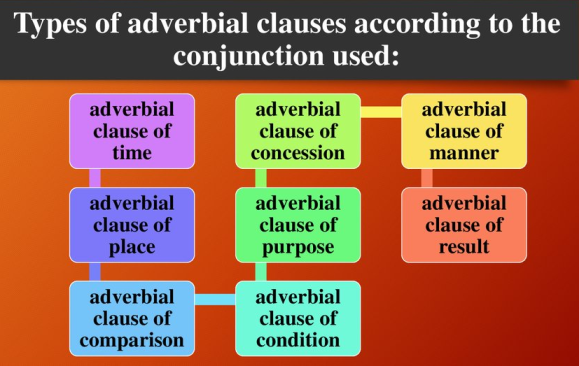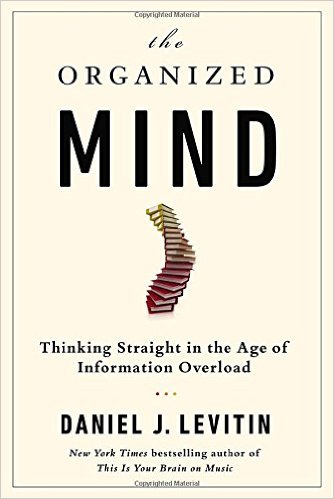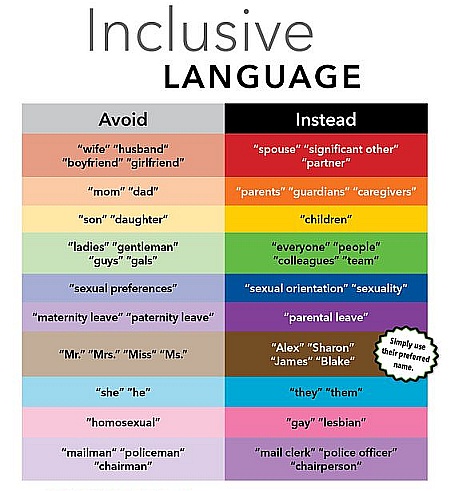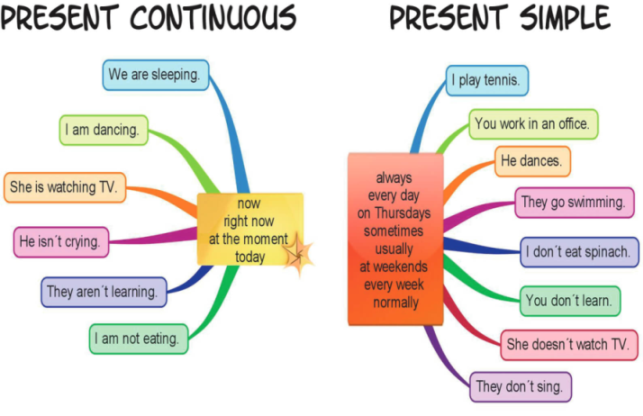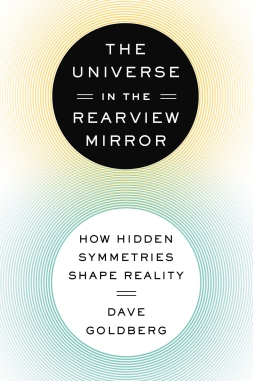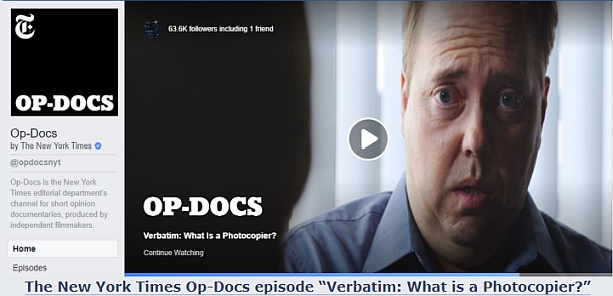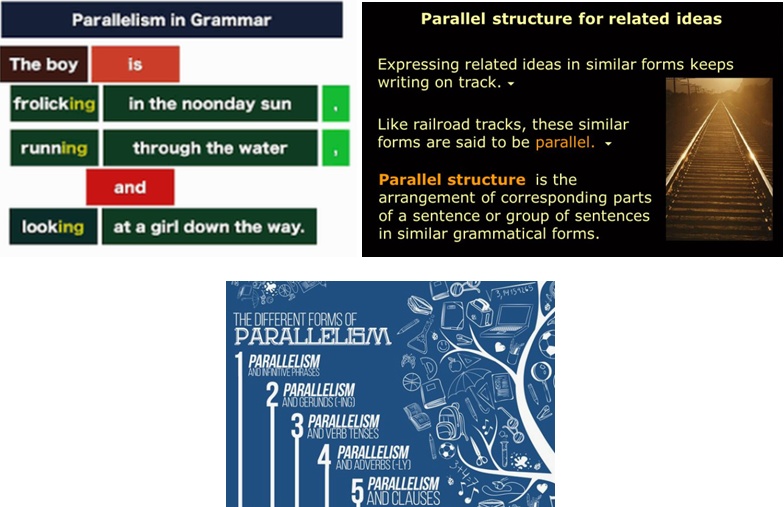1
Education and Teaching / PHINMA Education launches 5.5K-peso scholarship program
« Last post by Joe Carillo on May 17, 2024, 05:42:10 PM »May 17, 2024—PHINMA Education, one of the biggest private higher education networks in Southeast Asia, has launched the Hawak Kamay (HK) 5.5 Scholarship Program to improve access to quality college education. In its most inclusive program yet, qualified students will only pay Php5,500 per semester (exclusive of books and uniforms) for both Education and Business programs offered across eight schools in the PHINMA Education network. Additionally, HK5.5 is available for the Criminology program at PHINMA University of Pangasinan.
This scholarship redefines accessibility not only by eliminating barriers, such as entrance exams and maintaining grades but also by providing unprecedented levels of financial support to its students. Importantly, the student’s fee of P5,500 per semester will remain unchanged throughout the student’s college journey to maintain affordability despite inflation. The launch of HK5.5 coincides with PHINMA Education’s 20th year anniversary to be celebrated by nine schools in the Philippines and one in Indonesia.

Christopher Tan, Country Head of PHINMA Education Philippines, said: “At PHINMA Education, our commitment goes beyond mere accessibility; we are dedicated to guiding students every step of their journey, from enrollment to employment. Our goal is not only to provide quality education but to also help the more vulnerable students in the country believe that they can change the course of their lives. The pandemic may be over, but serious economic hardships remain. Inflation has gone up, driven by increases in food and transportation costs. Especially during crises, schools have the responsibility to keep education accessible. We need to constantly find ways to reduce our costs so that we can reduce our fees.”
For two decades, PHINMA Education has provided hope through learning. With the new HK5.5, the network solidifies its commitment to social transformation by continuing the mission of making lives better through education.
The application for HK5.5 and other HK scholarship offerings for SY24-25 is ongoing. Students across the nation are encouraged to apply through this link: https://bit.ly/phinmaedhk55scholarship
-------------------
PHINMA Education Holdings, Inc. (PEHI) under the conglomerate PHINMA Corporation, started investing in the education services sector in 2004 through the acquisition of PHINMA Araullo University in Nueva Ecija. It has since expanded its presence across the country with its network of schools namely: PHINMA Cagayan de Oro College, PHINMA University of Pangasinan, PHINMA University of Iloilo, Southwestern University PHINMA in Cebu City, PHINMA Saint Jude College in Manila and Quezon City, PHINMA Rizal College of Laguna, and PHINMA Union College of Laguna. It also aims to expand across Southeast Asia beginning with Horizon University in Karawang, West Java, Indonesia. For more information, please visit: https://www.phinma.edu.ph.
This scholarship redefines accessibility not only by eliminating barriers, such as entrance exams and maintaining grades but also by providing unprecedented levels of financial support to its students. Importantly, the student’s fee of P5,500 per semester will remain unchanged throughout the student’s college journey to maintain affordability despite inflation. The launch of HK5.5 coincides with PHINMA Education’s 20th year anniversary to be celebrated by nine schools in the Philippines and one in Indonesia.

Christopher Tan, Country Head of PHINMA Education Philippines, said: “At PHINMA Education, our commitment goes beyond mere accessibility; we are dedicated to guiding students every step of their journey, from enrollment to employment. Our goal is not only to provide quality education but to also help the more vulnerable students in the country believe that they can change the course of their lives. The pandemic may be over, but serious economic hardships remain. Inflation has gone up, driven by increases in food and transportation costs. Especially during crises, schools have the responsibility to keep education accessible. We need to constantly find ways to reduce our costs so that we can reduce our fees.”
For two decades, PHINMA Education has provided hope through learning. With the new HK5.5, the network solidifies its commitment to social transformation by continuing the mission of making lives better through education.
The application for HK5.5 and other HK scholarship offerings for SY24-25 is ongoing. Students across the nation are encouraged to apply through this link: https://bit.ly/phinmaedhk55scholarship
-------------------
PHINMA Education Holdings, Inc. (PEHI) under the conglomerate PHINMA Corporation, started investing in the education services sector in 2004 through the acquisition of PHINMA Araullo University in Nueva Ecija. It has since expanded its presence across the country with its network of schools namely: PHINMA Cagayan de Oro College, PHINMA University of Pangasinan, PHINMA University of Iloilo, Southwestern University PHINMA in Cebu City, PHINMA Saint Jude College in Manila and Quezon City, PHINMA Rizal College of Laguna, and PHINMA Union College of Laguna. It also aims to expand across Southeast Asia beginning with Horizon University in Karawang, West Java, Indonesia. For more information, please visit: https://www.phinma.edu.ph.


 Recent Posts
Recent Posts